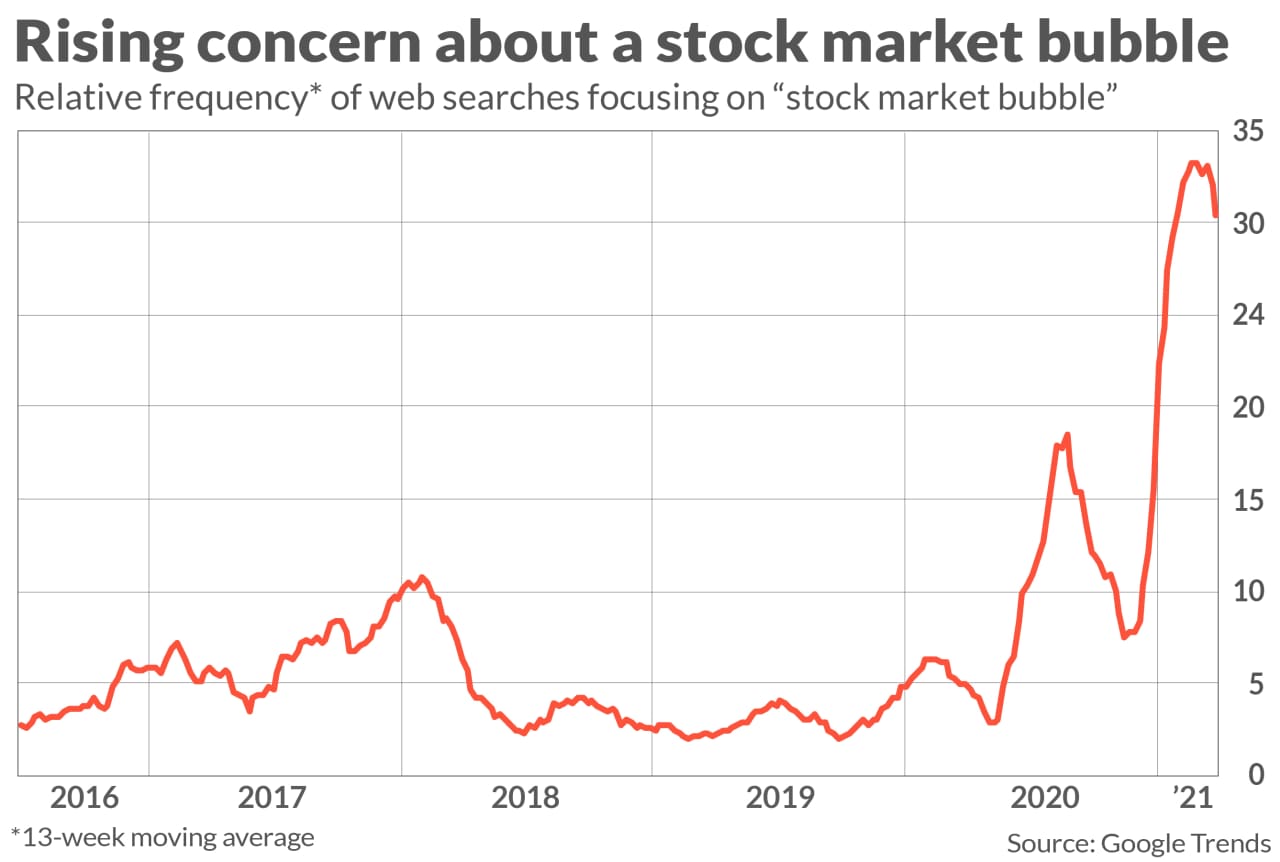
1. Pay attention to your emotions before you leave.
"Successful investment doesn't depend on the ability of an individual... the thing you really need is the grit and determination to control the urges of others which could lead them into financial trouble." Warren Buffett, Chairman of Berkshire Hathaway, is an investor sage and role model who has been quoted as declaring this.
Before we get started Here's a helpful advice for investors: We suggest to not put more than 10% in individual stocks. The rest should be invested in an index fund with low costs. mutual funds. You shouldn't invest in stocks if you won't require it in the next five years. Buffett is when investors let their heads guide their investing decisions and not follow their guts. The overactivity in trading caused by emotions can be among the most common ways that investors can ruin their portfolio's returns.
2. Choose companies and not ticker symbols
It is easy to forget that the alphabet soup of stock quotes crawling in the middle of every CNBC broadcast actually represents a business. Stock picking should not be considered as a concept that is abstract. You are a part-owner of the company when you purchase a share of its stock.
"Remember that purchasing a share in a company's stock is a way to become a part-owner of the business."
If you're looking for prospective business partners, you will find a lot of data. It's easier to narrow down the information when you're wearing the "business buyers" hat. You'll want to know the way in which the business operates, the competition, the long-term prospects and if it's bringing something fresh to your portfolio.

3. Avoid panicky situations by planning ahead
Investors are frequently enticed to change their stock-to-stock relationship. Making decisions in the heat of the moment can result in classic investing mistakes, such as selling low and purchasing high. Journaling is a helpful tool. Record what makes each investment worthy of a commitment. Once you have this information, write down the reasons that could justify the split. Take this example:
What I bought: Tell me what you like about the company and the opportunities you anticipate for the future. What are your expectations for the company? have? What are your goals What milestones should you use to measure the progress of your company. The potential pitfalls that could befall your company and how to avoid them.
What would drive me to sell There are often compelling reasons to consider a split. This section of your journal should include an investment prenup. It will outline what you would do to make the shares saleable. We don't want stock prices to fluctuate, particularly in the short term. However, we'd like to address significant changes to the business that could affect the company's ability to grow over time. These are some of the examples: The business loses an important client, the CEO shifts the business in a different direction, there's an enormous competitor, or your investment theory doesn't prove to be successful in a reasonable period of period of time.
4. As you progress, build your positions
The most valuable asset of an investor is their ability to invest over the present, not in a way that is influenced by timing. The most successful investors purchase stocks because they expect to receive a reward -- whether through share price appreciation, dividends or dividends. -- over many years or even decades. That allows you to buy with patience. These three strategies for buying can help you reduce your risk of price fluctuations.
Dollar-cost average: While this sounds complicated, it's actually not. Dollar-cost averaging is the process of investing a set amount of money at regular intervals for instance, once a week or month. It allows you to buy more shares at times of declining stock prices and less shares when it increases, but it's also the cost you pay. Online brokerages provide the possibility to investors to set up an automated investment program.
Buy in Thirds: Similar to dollar cost Averaging, "buying In Thirds" can help you avoid having the demoralizing experience of having bad results right away. Divide the amount you want to invest in by three. Then, choose three points from which to purchase shares. They could be scheduled to happen at regular intervals (e.g. monthly, quarterly) or in accordance with corporate performance or other events. For instance, you might purchase shares before the release of a new product and transfer the remainder of your money to it in the event that it is success.
It's impossible to determine which business within a specific field will prevail in the long run. All stocks are great! By purchasing a basket of shares, it takes the pressure off picking "the right one." You will not lose out on any company that meets your analysis, and you can also use the gains from the winner to hedge against losses. This strategy can also help you to determine which company "the one to beat" and allow you to double your position.

5. Avoid trading overactivity
Monitoring your stock once per quarter -- for instance, the time you receive quarterly reports is plenty. It's tough to pay attention to the scoreboard. This can lead to overreacting to short-term events, focusing on share price instead of value for the company and feeling that you have to act even though there is no need.
Find out the reason behind a sudden price rise in one of your stocks. Is your stock affected by collateral harm? Are there any changes in the company's business? Does it have a significant impact on your long-term outlook
It's rare that short-term noise is relevant to the long-term performance. It's how investors react to the noise that is the most important. This is where your investing journal can be a helpful guideline to help you navigate the inevitable ups & downs that accompany the investment in stocks.